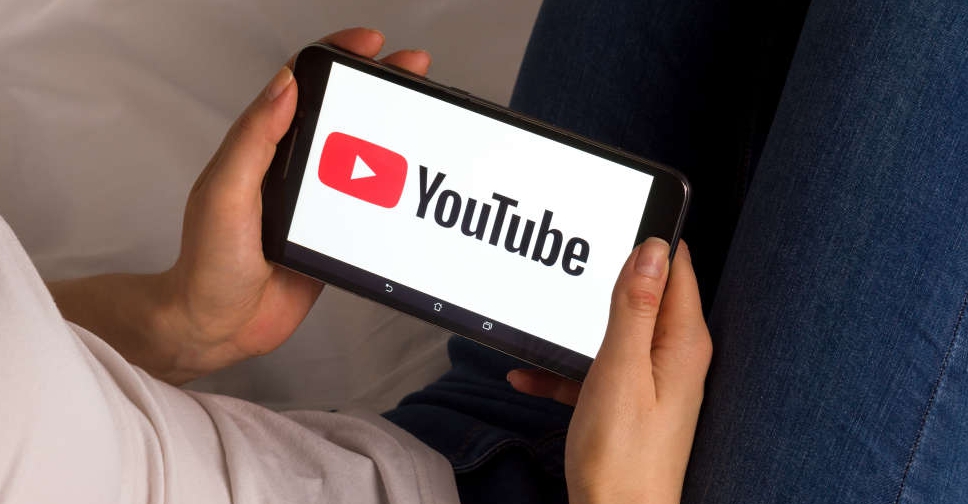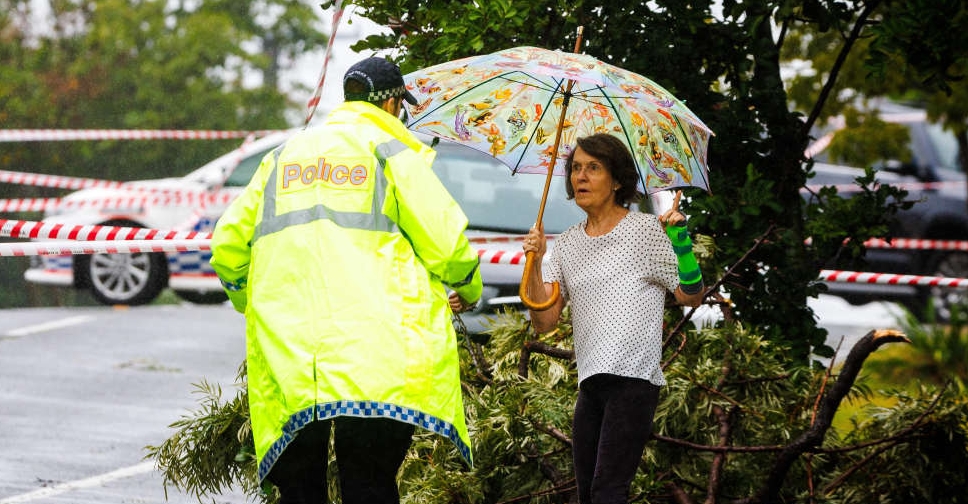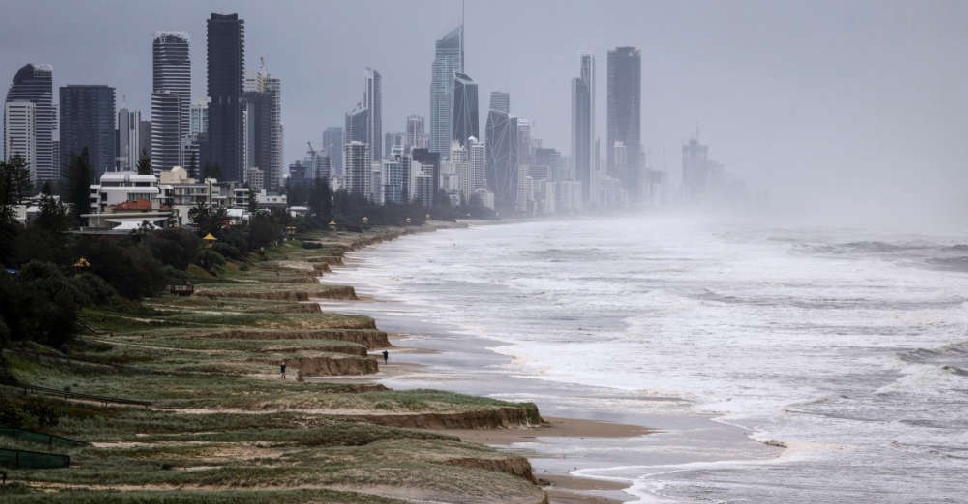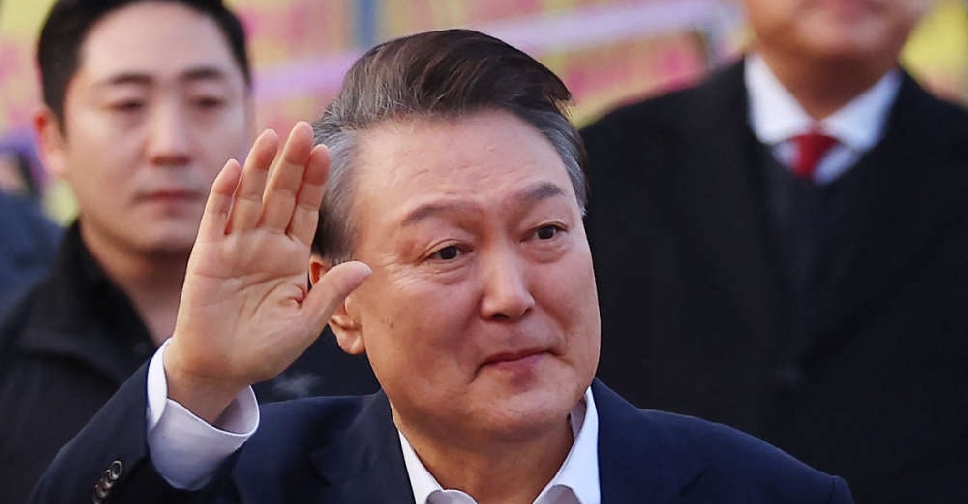
Three YouTube channels seen as linked to North Korea's state media have been taken down, a spokesperson for the US video hosting site said on Tuesday, after South Korean regulators blocked them at the request of the country's spy agency.
The channels featured English-speaking young women, including a girl as young as 11, who claimed to offer an unfiltered look at every day life in North Korea as informal video bloggers, or "vloggers".
The girl, who called herself Song A, spoke of visiting water parks, going to school and reading Harry Potter books.
During the COVID-19 pandemic she released a video, ostensibly shot while in lockdown at home, praising the North Korean government's response and assuring viewers that "everything is under control as it used to be and everyone is just fine".
The YouTube spokesperson said in a statement that the decision to remove the channels was taken to comply with "US sanctions and trade compliance laws, including those related to North Korea".
"After review and consistent with our policies, we terminated the three channels shared with us," the statement said, without elaborating on who brought the channels to YouTube's attention.
An official at the Korea Communications Standards Commission confirmed media reports that it had blocked the sites in South Korea last week at the request of the National Intelligence Service on the grounds that the content was a "promotion" of the North Korean government and that it had a "positive bias" towards North Korea.
The KCSC also asked Google, the parent company of YouTube, to remove the accounts, the official said.
Western analysts say the channels have ties to state media and that such content is impossible to independently produce or distribute in the tightly controlled North, where access to the worldwide internet is limited to a select few.
According to NK News, a Seoul-based website that tracks North Korea, the YouTubers have been linked to the Pyongyang-based Sogwang Media Corporation which seeks to expand the country’s external outreach through social media.
North Korea-linked Twitter accounts, including those of so-called "friendship associations" in the United Kingdom and elsewhere, have also been blocked in South Korea due to legal demands.
Some researchers have complained that removing the accounts cuts off sources of information about North Korea and its media.



 Thousands of Australians without power as cyclone Alfred hits
Thousands of Australians without power as cyclone Alfred hits
 Israeli airstrike kills two in southern Gaza
Israeli airstrike kills two in southern Gaza
 12 people injured in Toronto pub shooting
12 people injured in Toronto pub shooting
 Cyclone Alfred downgraded as millions stay indoors
Cyclone Alfred downgraded as millions stay indoors
 South Korea's President Yoon free, trials continue
South Korea's President Yoon free, trials continue







